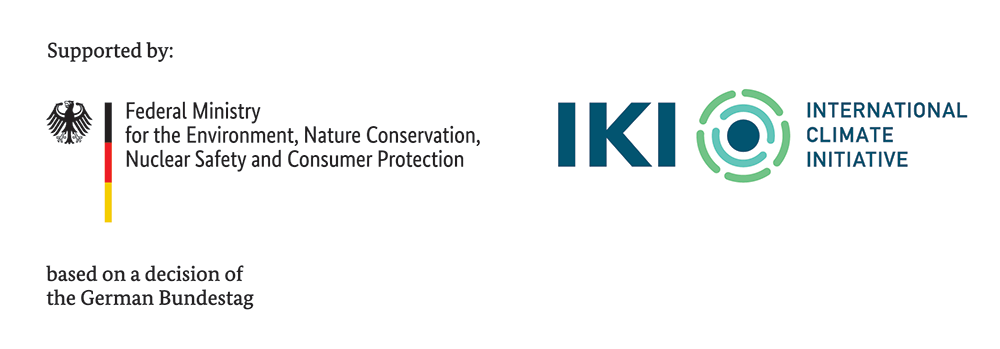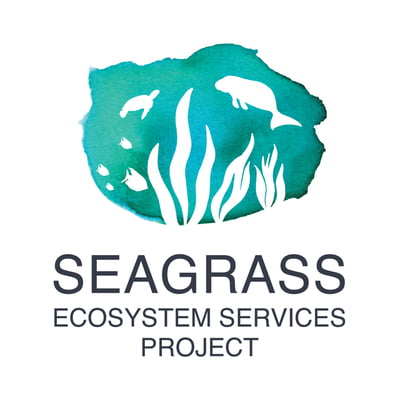Marine Research Foundation (MRF)
MRF is a non-profit research and conservation organization based in Sabah, Malaysia. Established to improve the understanding of marine ecosystems and their associated flora and fauna across southeast Asia and the Indo-Pacific, MRF is experienced at carrying out biodiversity assessments and conservation projects throughout the Project region.
As both an implementing and technical partner, MRF will provide training on the delivery of the Dugong Catch and Bycatch Questionnaire and support its delivery in the five project countries, as well as providing regional administrative support to national partners and the Project Coordination Team in Abu Dhabi.
http://www.mrf-asia.org/
Blue Ventures (BV)
Blue Ventures offers extensive experience in developing community-led business models in coastal communities throughout the Indo-Pacific region. Since 2003, they have built a globally acclaimed conservation ecotourism model that provides reliable income to local communities whilst generating sustainable and secure funding in support of local conservation initiatives. This model has proven to be a powerful and resilient approach to financing and scaling critical marine conservation initiatives whilst generating vital income for community-based tourism partners.
As both an implementing and technical partner, Blue Ventures will support the development of ecotourism business models in Thailand and Indonesia, explore and develop a community-based blue carbon credit scheme, and deliver all project activities in Timor-Leste.
https://blueventures.org/
Project Seagrass
Known for their leading research and conservation work on seagrass throughout the Indo-Pacific region, Project Seagrass, led by Dr Richard Unsworth, has over 15 years’ experience assessing and understanding seagrass ecosystem services.
As a project partner, Project Seagrass will provide training and support on delivering seagrass ecosystem service assessments to national partners in the five project countries.
https://www.projectseagrass.org/
Murdoch University
The Murdoch University Aquatic Megafauna Research Unit has unparalleled knowledge and expertise on the use of unmanned aerial surveys (UAVs) for studying marine mammals, including monitoring the presence, distribution, relative abundance and habitat use of dugongs in relation to seagrass meadows. Dr Amanda Hodgson and Dr Christophe Cleguer are the only researchers in Australia with experience using UAVs for dugong aerial monitoring surveys.
As a project partner they will provide the knowledge and skills training to national partners in all five project countries so that they can successfully apply the technique themselves.
https://amru.org.au/
Edith Cowan University
Edith Cowan University has played a leading role in developing blue carbon science in Australia and has experience working on global, multi-institutional and inter-disciplinary research programmes. Within the University, Prof Paul Lavery has 30 years’ experience working on the ecology of benthic marine ecosystems, particularly seagrass ecosystems.
As a project partner, Prof Lavery will deliver training on seagrass blue carbon assessment to the national partners and support them in its delivery in three project countries.
https://www.ecu.edu.au/schools/science/staff/profiles/professors/professor-paul-lavery
Seagrass-Watch
Based in Cairns (Queensland, Australia) under Len McKenzie, Seagrass-Watch is a global seagrass observing network which partners scientists with citizens to accurately monitor the status and trends in seagrass condition. With 20 years of experience, Seagrass-Watch is a world-class leader in seagrass research, mapping, monitoring and education. To date, the Seagrass-Watch methodology is being used at over 408 sites in 21 countries, and an additional five countries are at the resource identification stage.
As a project partner, Seagrass-Watch will support the national partners to assess the extent and health of seagrass meadows, applying an initial mapping phase followed by long-term monitoring.
https://www.seagrasswatch.org/
PT Niras

